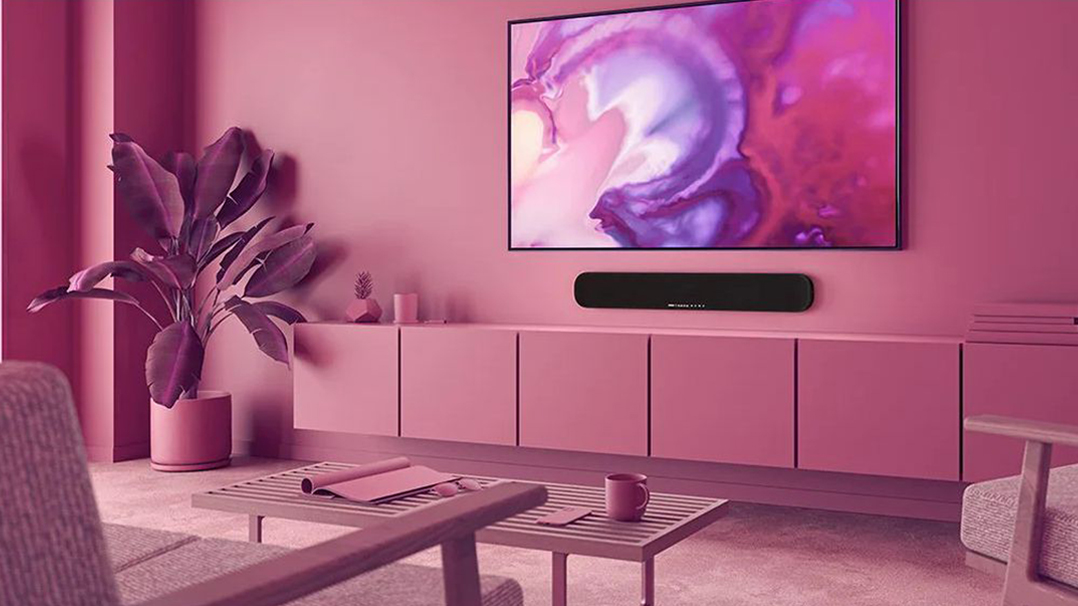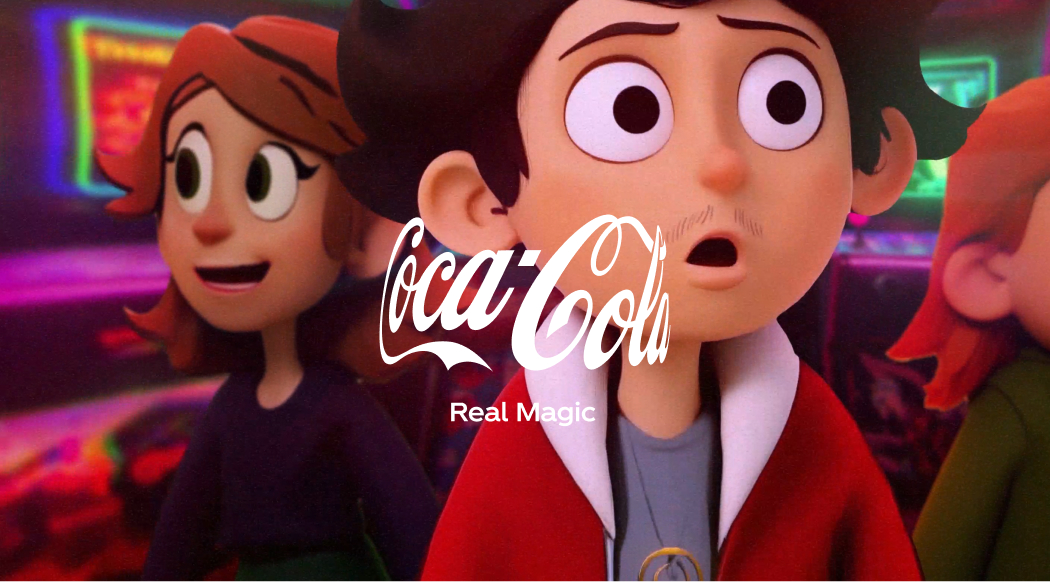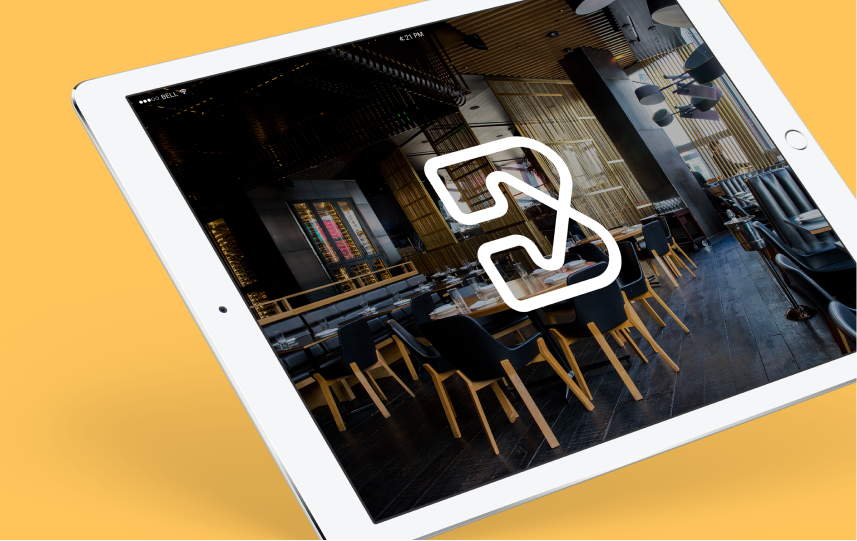With a history dating back to 1887, Yamaha Corporation is one of the most well known brands in the world. As well as being the world’s largest manufacturer of musical instruments, Yamaha’s products range from motorbikes to consumer electronics.
Yamaha turned to DEPT® to help it succeed on Amazon.

As Yamaha’s Amazon partner, DEPT® utilises the full breadth of its expertise and proprietary software, ranging from strategic consulting to content creation, advertising to retail management, monitoring and reporting to help Yamaha achieve a 354% year-on-year growth.
In this case, we drill into how we helped Yamaha introduce a new product to market on the Amazon marketplace.
Challenges of launching a new product
Tuning in to the festive wave
With an October launch, we were able to ride the wave of the holiday season and maximise the traffic around Black Friday and Christmas. We used the competitive nature of the Christmas season to immediately launch a lot of promotions, and then the calmer January and February months to dive deeply into our strategy, going more for market share to steadily increase performance.
It is important to keep in mind that search advertising only targets those customers that are already shopping on Amazon. When using search advertising, you remain in the lowest part of the funnel since the customer likely found your product by searching for something similar. It is important, especially for a product launch, to consider other advertising options which enable you to reach the customer at a higher point in the funnel, for example, through the use of the Amazon Demand Side Platform (DSP).
Using DSP for product launches
For a product launch, the use of search advertising is good, the use of DSP is better, and the combination of both is the ultimate advertising approach. The use of both advertising options is what allowed us to gain precision in addressing the right audience for data-driven market development across the entire sales funnel.
DSP provides access to those shoppers at the top of the funnel; maybe they are browsing within the category, but haven’t yet made their way to our product yet. Another benefit of DSP for the soundbars case is the retargeting ability as soundbars, along with many more expensive electronics, do not necessarily lend themselves well to impulse buying.
When shopping for an expensive product, shoppers tend to browse multiple brands, compare features, discuss with friends and family, wait a bit and then maybe come back to review a few products. The decision process can last many weeks, so it is important to use DSP to retarget those shoppers that haven’t yet made a purchase. DSP can be the trigger to push a shopper towards purchase, which is why we decided to use this strategy for the Yamaha Soundbars.
Amazon DSP allows you to target based on demographic, behaviour or advertising. Amazon is not so focused on who their shoppers are (i.e. gender, age and location), but rather on what they are purchasing. As far as behavioural targeting options, Amazon offers the option to target based on lifestyle and in-market activity, using a shopper’s search, browsing and purchase history. DSP also allows advertising-specific targeting, which uses pixels and customer information for remarketing and lookalike targeting, and is often used along with behavioural targeting.
Our DSP approach for Yamaha consisted of monitoring, optimisation and analyses. Key to our DSP strategy is to ensure that we are tracking the ASINs that are not in stock (OOS) or those that have lost the buy box, so that only the products that are currently available will be advertised.
We update website blacklisting and segment targeting regularly through continuous optimisation in order to achieve the maximum ROAS. Finally, we conducted frequent analyses and extended reports to share our learnings.
Diamonds in the product portfolio
+407% Advertising Sales
Following our Yamaha DSP campaign, we achieved great ROAS values with the retargeting, and found that sales were especially high in November. Our main learning from this was that the holiday season, especially, is a very important time to keep a close eye on the budget. There is a lot of traffic and with the deals and promotions surrounding events like Black Friday, there is also quite a bit of competition. We decided to make greater investments, which turned out to be the right move as we would have lost sales if we didn’t decide to increase the budget during this time.
We made a comparison from the beginning of our Yamaha Soundbars advertising campaign to 12 months later and we achieved:
+67% CTR
+407% Advertising Sales
+11% Conversion Rate
The soundbars have proven to be drivers for performance in the Yamaha portfolio overall. When looking at the YOY growth for both soundbars from the launch date, it is clear how successful they were. From July 2019-October 2020 alone, we saw +612% growth for the larger soundbar and +245% growth for the smaller one.
Thanks to our holistic approach, the soundbars turned out to be true diamonds in the product portfolio and continue to grow and support Yamaha’s overall Amazon growth.
Questions?
Partner



